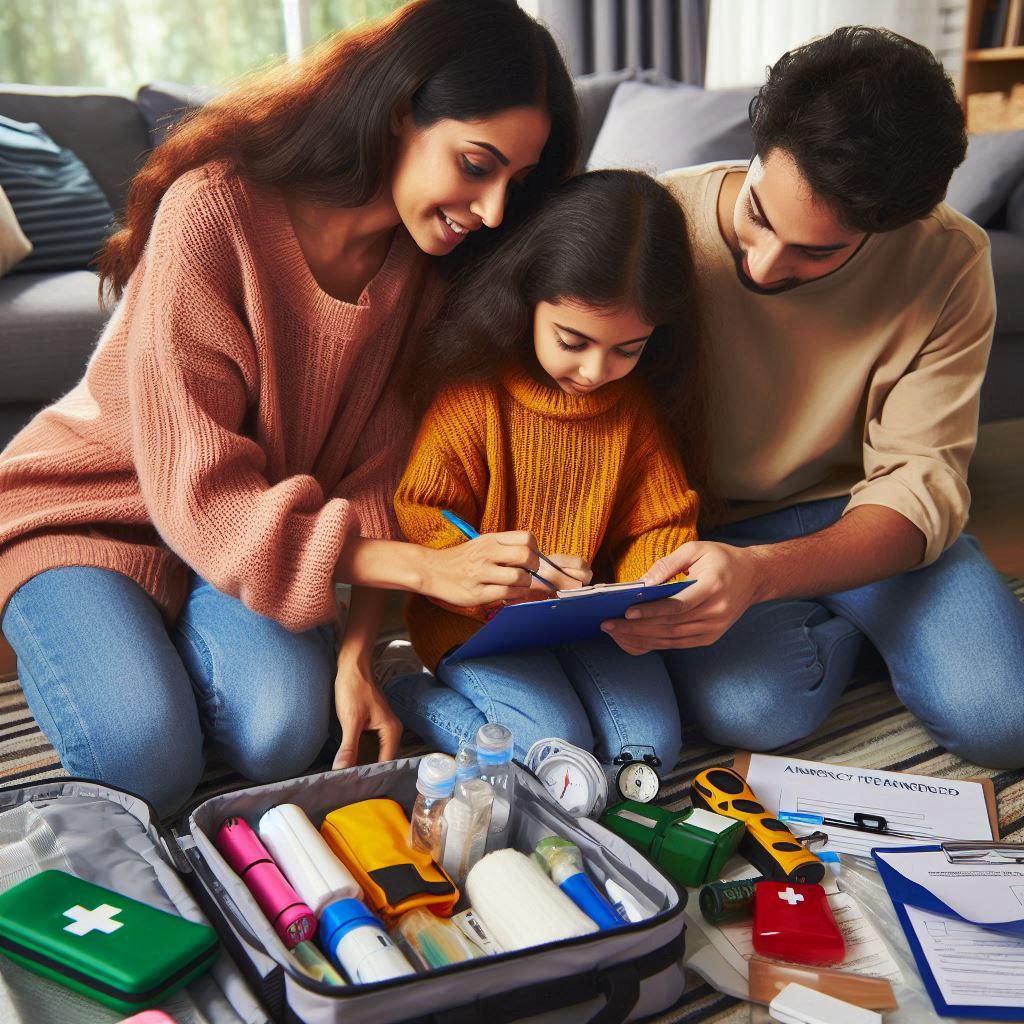Respect is a fundamental element in cultivating and maintaining healthy relationships. It plays a vital role in building trust, emotional intimacy, and effective communication between partners. In a healthy relationship, respect means valuing each other’s opinions, feelings, and boundaries. It involves treating each other with kindness, compassion, and understanding, even during conflicts. Without respect, a relationship is likely to suffer and become unhealthy.
Key Takeaways:
- Respect is essential for building trust and emotional intimacy.
- It means valuing each other’s opinions, feelings, and boundaries.
- Kindness and respectful communication are vital for a healthy dynamic.
- A lack of respect can lead to dissatisfaction and emotional harm.
- Respect fosters better communication, trust, and overall relationship satisfaction.
Defining Respect in a Healthy Relationship

Respect in a healthy relationship refers to valuing and honoring your partner as an individual. It involves accepting them for who they are, acknowledging their opinions and feelings, and treating them with kindness and consideration. Respect means giving space for each other’s autonomy and supporting each other’s growth and personal interests. It also involves active listening and open, honest communication. In a healthy relationship, respect is the foundation for a strong and harmonious connection.
Respectful Behaviors in Relationships:
| Respectful Behavior | Description |
|---|---|
| Active Listening | Listening attentively and empathetically to your partner’s thoughts and feelings without interruptions. |
| Effective Communication | Expressing thoughts and emotions openly and honestly while maintaining a respectful tone. |
| Supporting Autonomy | Encouraging and respecting each other’s individuality, personal interests, and goals. |
| Empathy and Understanding | Showing compassion and understanding towards your partner’s experiences and emotions. |
| Boundaries and Consent | Respecting each other’s boundaries and seeking consent in all aspects of the relationship. |
“Respect is the key to building a strong and healthy relationship. It involves valuing and honoring each other’s uniqueness, opinions, and emotions. Without respect, a relationship is destined to crumble. Treat your partner with love, kindness, and empathy – it’s the foundation for a fulfilling connection.” – Relationship Expert
Showing Respect in a Healthy Relationship

Respect is crucial for maintaining a healthy and loving relationship. It involves a combination of behaviors and communication styles that promote understanding, empathy, and appreciation for your partner. By showing respect, you create a harmonious and supportive environment that nurtures the bond between you and your loved one.
How to Show Respect:
- Open and Honest Communication: Engage in transparent conversations. Listen attentively to your partner’s thoughts and feelings, encouraging them to express themselves freely, and respond with empathy.
- Active Listening: Give your full attention to your partner. Show genuine interest and respond thoughtfully, demonstrating that you understand and value their perspective.
- Valuing Feelings and Needs: Acknowledge your partner’s emotions. Show empathy and make efforts to fulfill their emotional and physical needs, affirming their importance to you.
- Compromising: Be open to finding mutually agreeable solutions during conflicts. Respect each other’s boundaries and seek middle ground, avoiding imposing your own desires.
- Speaking Kindly: Use respectful and supportive language, even during disagreements. Avoid derogatory language and treat your partner with dignity.
- Supporting Individual Interests: Encourage and support your partner’s goals and interests. Celebrate their achievements and show interest in their passions.
- Honoring Boundaries: Listen to and respect your partner’s emotional and physical boundaries. Always seek consent and avoid crossing established limits.
- Showing Kindness and Compassion: Treat your partner with kindness. Show appreciation, express gratitude, and provide support during challenging times.
“Respect is not just about how you treat your partner; it’s about creating a foundation of love, trust, and understanding. It’s about acknowledging their worth and nurturing a relationship built on mutual respect.” – John Gottman
The Importance of Self-Respect in Healthy Relationships

Self-respect is crucial in maintaining healthy relationships. It forms the basis for self-esteem and confidence, which are vital for positive relationship dynamics. Self-respect involves valuing oneself, recognizing personal strengths, and maintaining healthy boundaries. By cultivating self-respect, individuals are better equipped to demand and expect respect from their partners.
Building Self-Esteem:
- Self-Care: Prioritizing physical, mental, and emotional wellness through activities that bring joy and fulfillment.
- Healthy Boundaries: Communicating personal needs, limits, and expectations clearly. Setting boundaries to protect emotional well-being.
“Self-respect is the key to embodying your true worth and attracting healthy relationships.” – Mark Manson
The Connection Between Trust and Respect in Relationships

Trust and respect are closely linked in healthy relationships. Trust is built on the foundation of respect, where partners honor each other’s boundaries, opinions, and feelings. Respectful behavior fosters a sense of safety and reliability, which is crucial for emotional connection and intimacy.
“Respect is love in plain clothes.” – Frankie Byrne
Benefits of Trust and Respect:
- Enhanced emotional connection
- Improved communication
- Greater relationship satisfaction
- Stability and longevity
- Effective conflict resolution
The Role of Communication in Respecting Each Other’s Perspectives
Effective communication is vital for respecting each other’s perspectives. It involves active listening, empathy, and validation. Respectful communication helps establish mutual understanding and creates a safe space for open dialogue.
“Active listening allows for deeper understanding and empathy, promoting a sense of respect and validation.”
Building and Nurturing Respect in a Relationship

Building and nurturing respect is an ongoing process that requires continuous effort. It involves speaking kindly, acknowledging each other’s contributions, and supporting each other’s growth. Regular communication about boundaries and expectations ensures that both partners feel heard and valued.
“Respect is a two-way street. It requires not only treating your partner with respect but also expecting and demanding respect in return.”
Resolving Disrespectful Behavior in a Relationship

Dealing with disrespect is crucial for maintaining a healthy relationship. Open communication about the impact of disrespectful behavior and setting clear boundaries are essential steps. Seeking professional help, such as couples counseling, may also be beneficial in resolving issues related to disrespect.
The Consequences of a Lack of Respect in Relationships

A lack of respect can lead to emotional harm, dissatisfaction, and conflict. Disrespectful behavior erodes trust and can result in feelings of insecurity and diminished self-worth. Unaddressed disrespect can escalate into emotional abuse or domestic violence.
The Benefits of Cultivating Respect in Relationships
Cultivating respect leads to:
- Enhanced communication
- Stronger trust and reliability
- Improved conflict resolution
- Better emotional well-being
Respect is essential for creating a stable, fulfilling, and loving partnership.
Conclusion
Respect is the cornerstone of healthy relationships, fostering trust, effective communication, and emotional intimacy. By valuing each other’s opinions, feelings, and boundaries, and treating each other with kindness and compassion, couples can build a strong, fulfilling partnership. Self-respect is equally important, forming the foundation for healthy relationship dynamics. Prioritizing and practicing respect leads to improved communication, trust, and overall relationship satisfaction, creating a safe and nurturing environment where both partners can thrive.




